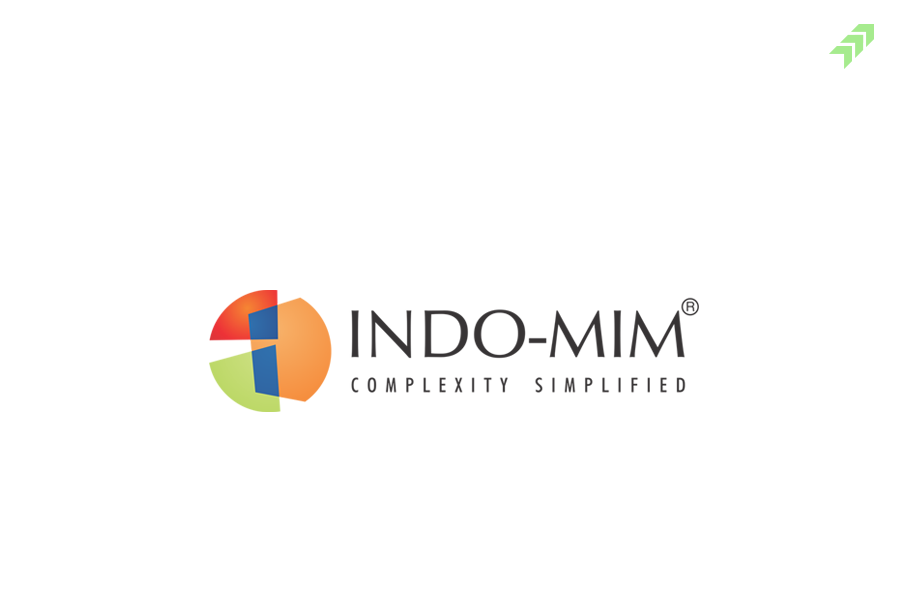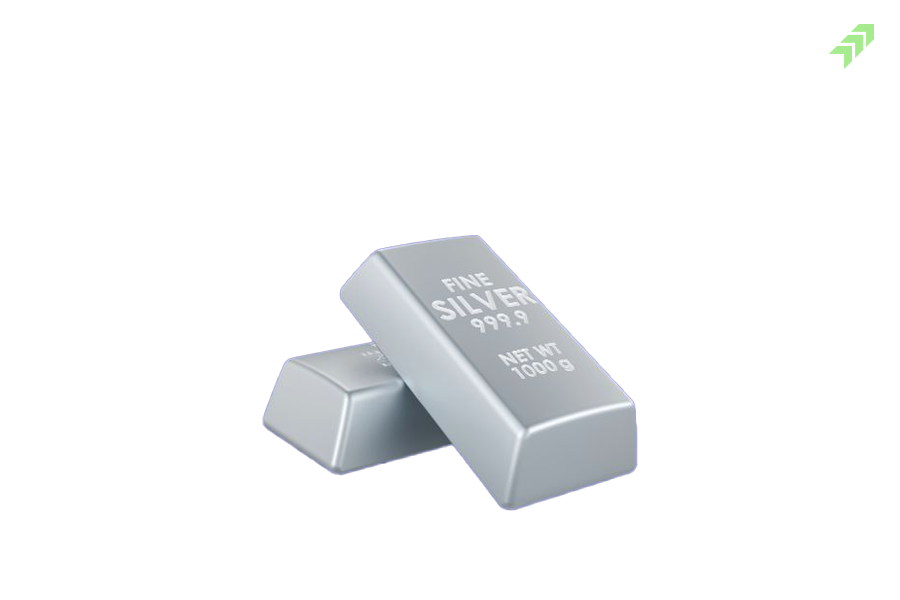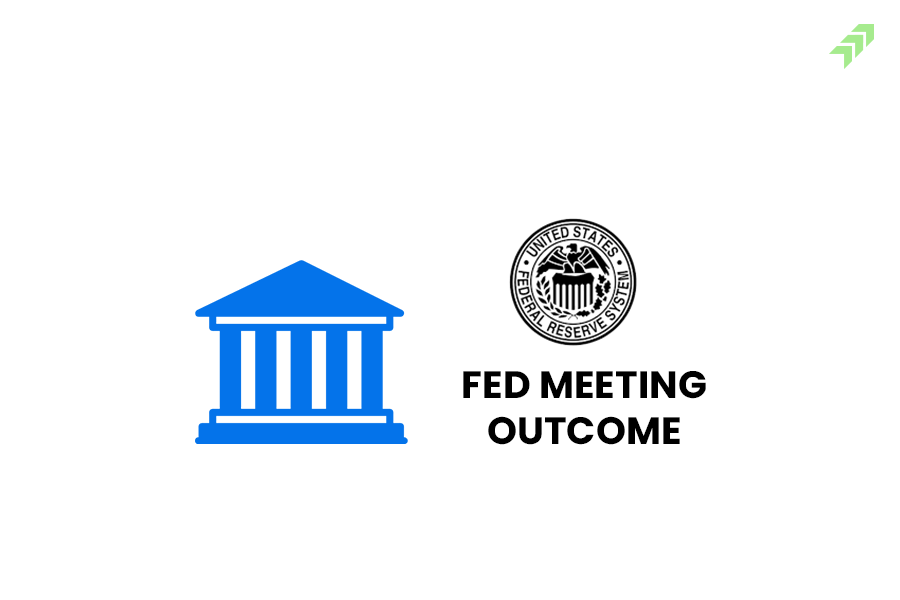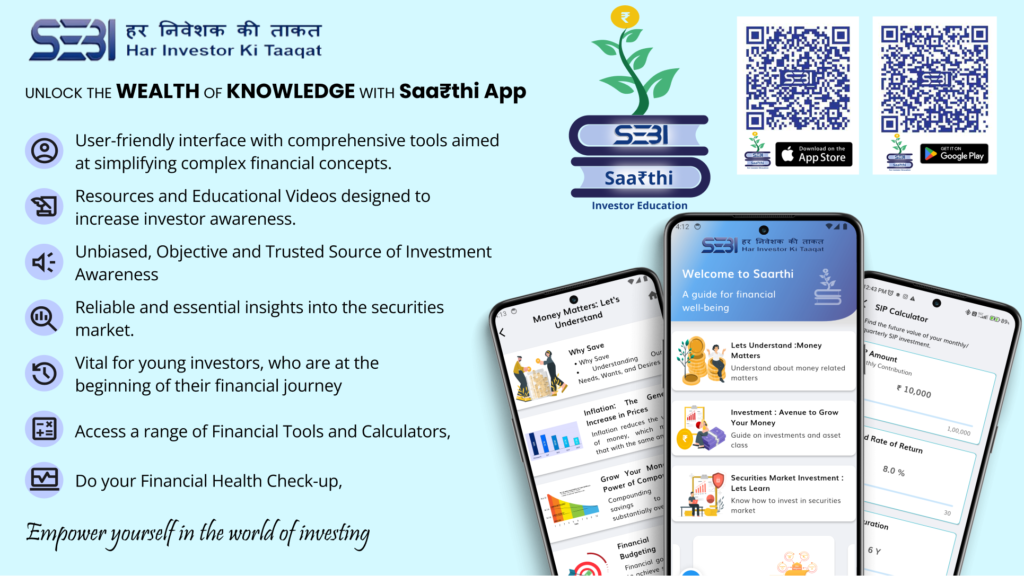Equity, Commodity and Currency you can find the marketplace to trade or invest in such instruments with well-organized exchanges and trading mechanisms offered through various online platforms providing an opportunity for people to earn extra money.
The currency market is a highly fluctuating and risky place due to global factors and the involvement of people around the world trading round-the-clock. While equity and commodity markets are mainly influenced by the domestic factors of the economy.
So, equity and commodity markets are the more preferred places for traders to make positions for intraday trading or investing with a medium to long-term perspective. And between equity and commodity markets, more people are involved in the former one, as it is much easier to understand, less complex mechanism and higher liquidity in the market.
Also Read: How to Do Intraday Trading: Best Stocks, Charts & Strategies
Both markets have huge participation of traders with a significant volume of trades on a daily basis. But the question arises here which is better equity or commodity trading, or more profitable? Hence in this article, we will discuss about the difference between equity and commodity and which one is more profitable and better for trading.
Also Read: Importance of Volume in Technical Analysis: Use & Role in Trading
Before we start or discuss about the differences and various things about the equity and commodity markets, we need to know a little bit about the meaning or definition of both markets to help you understand easily about both these markets.
What is Equity or Stock Market?
The stock market is the place, where stocks or equity shares of the listed companies are available for trading and investing. Equity shares are a kind of ownership (as per the shareholdings) in the company with rights to vote and entitled to get the dividends.
Also Read: What is Equity Share: Types, Importance &How it is Calculated
Apart from intraday trading you can buy stocks and get the delivery of equity shares in your demat account with a long-term investment growth perspective. In Future & Options (F&O) or derivatives markets, the underlying securities of these equities and indices are also traded globally at a large scale with huge volumes for quick returns in the market.
Also Read: What to Know Before Investing in Stocks: 10 Things to Consider
What is the Commodity Market?
The commodity market is the place where various types of commodities like oil or energy resources (crude oil and natural gas), grains (corn, wheat, rice), metals (gold, silver & copper etc.), livestock (cattle and meat), and agricultural products (sugar, coffee & spices etc) are traded at different commodity exchanges with the price effects watched globally.
Also Read: Types of Commodities for Trading & Risk in Commodity Market
In a commodity market, most trading is done through future contracts with the motive to earn money from the price fluctuations in different commodities that is influenced by demand and supply shift. However, people in metals like gold and silver invest with a long-term investment point of view to take advantage of the rise in the price of precious metals.
Difference between Equity and Commodity
The equity market is different from the commodity market in terms of various factors making them preferred among the people. Both have their own advantages and disadvantages providing a trading platform to earn money from the price fluctuations of investable instruments. To decide which one is better for trading or investing or can give more profits, you need to understand the key differences between equity and commodity with their pros and cons.
Market Timings: The market timing of both are different from each other. The equity market hours are fixed starting in the morning to ending in the afternoon. On the other hand, the commodity market is open for 24 hours as it is traded globally and traders as per their time zone trade through the commodity exchange active in their country.
Trading Mechanism: In the equity market, except the F&O segment, when you buy the stocks, you can choose to buy the equity shares in any quantity anywhere from 1 share to 1 million shares or more. In the equity market, you can buy shares in the cash market or trade in the derivatives market of underlying securities listed and traded in the cash market.
Also Read: Derivatives: Types, Participants & Basic Terminologies in Market
In a commodity market, commodity instruments or contracts are traded in the derivatives market are various lot sizes depending on the price of the different commodities. The quantity that can be increased or decreased in the multiples of lot size.
Pricing Mechanism: The price of stocks in the equity market is determined by the demand and supply of the shares. The price of equity shares fluctuates due to various factors like fundamental factors, economy or industry-related news, and finally based on the investor’s or traders’ sentiments that are influenced by performing the technical analysis.
Also Read: Is Technical Analysis Useful or Useless or Enough for Trading
Whereas the price of commodities is determined in the market as per the selling price in the domestic commodity market, not all as many commodity prices like crude oil, gold and natural gas are determined as per the price in the international market.
The price of these commodities is affected by various factors like demand and supply of commodities in the market, favourable and unfavourable weather conditions, consumption patterns geopolitical actions or government policies towards commodities and sentiments of the traders towards the commodities trading in the market.
Investor Participation: The equity market is open for retail as well as institutional investors including HNIs, QIB and NIIs who can buy and sell the shares at the stock exchanges through the registered brokers for trading or investing in stocks.
The commodity market is also open for retail and institutional investors, but they can trade in commodity contracts or derivatives that need extra knowledge and skills or assistance from commodity market experts to trade with the right trading strategies.
Ownerships: When you buy the equity shares and get the delivery of the same in your demat account and also get the ownership in the company. Though it is at very minute levels as per your shareholdings you also have the voting rights in the company.
In a commodity market, the ownership is represented by the physical items either as raw materials or finished goods. Here the ownership is presented in the form of future contracts or derivatives with no such voting rights as equity shares.
Dividends: When you buy the shares of a company you are also eligible to get the dividends that are usually declared by the company along with the quarter or annual financial results. The dividend is the small portion of profits earned by the company that is distributed among all the equity shareholders. Apart from stock value increase dividend is additional income for the investors they enjoy when they hold the equity shares of a company for a long period.
Also Read: What is Dividend Yield: How it Works & Calculated with Example
While in the commodity market, you will not get any such dividend, here the increase of commodity prices and profits booked on trades are the income that you can earn from this place. Buying a commodity is not an ownership in any company, hence no dividends.
Also Read: What is Profit Booking in Stock Market: Rules & Best Strategy
Volatility: Compared to the commodity market, the equity market is less volatile. The stock of a company fluctuates because of various factors like economic conditions, fundamentals of the company and current market sentiments or technical trends of the stock.
Also Read: Technical Analysis vs Fundamental Analysis: Which is Better
The commodity market is highly volatile as the prices are mainly influenced by demand and supply factors. The demand and supply of commodities can be affected due to uncertain conditions like natural calamities, economic crises, war or man-made disasters and geopolitical conditions. Such events cause unexpected fluctuations in the prices of commodities, as the market is not prepared to deal with such unpredictable market conditions.
Also Read: Technical Analysis vs Fundamental Analysis: Which is Better
Risk: The risk factors involved while investing in the stocks are mainly company-specific risks like financials of the company, competition in the industry, unfavourable economic conditions and regulatory framework towards the company of equity trading.
Also Read: Types of Risks Associated with Investing in the Stock Market
While, in the commodity market, the gap between supply and demand is the risk that can badly affect the price of the commodity prices. However, geopolitical actions, weather conditions, productivity of commodities and demand in the international markets are various risk factors associated with trading in the commodity market.
Margin Requirements: In the equity market if you are trading or investing in the cash market or taking share delivery, you don’t need any kind of margin money, instead you need money to buy the stocks at the time of buying the same from the marketplace.
Also Read: What is F&O Margin Penalty: SEBI Rules & How to Avoid it?
If you want to trade in the commodity market, you need margin money to make positions in contracts as per the price and nature of the commodity. You need high margins while trading in the commodity market that is adjusted at the time of settlement.
Regulatory Framework: For the equity market the Securities and Exchange Board of India (SEBI) is the regulatory body to monitors and imposes compliance in trading, and reporting while ensuring fair trading practices in the stock market.
In a commodity market, the Forward Markets Commission (FMC) is the regulatory body for the commodity market and futures market in India. FMC is a division of SEBI, the Ministry of Finance and the Government of India ensuring fair trade practice, setting the position limit, settlements procedures and overseeing delivery of commodities etc.
Exchanges: For equity market is operated through, the National Stock Exchange (NSE) and Bombay Stock Exchange (BSE). All the equity shares are listed and traded on these stock exchanges. While commodities are listed and traded on Multi Commodity Exchange, National Commodity and Derivatives Exchange.
Which is Better Equity or Commodity Trading?
Equity and commodity trading both can give you the return but the question here is which one is better. First of all let me make it clear that, in the commodity market the contracts of future & options are traded in the derivatives market with a limited period of expiry.
Hence, you cannot invest in such an instrument for the long term. However, you can buy ETFs for precious metals like Gold and Silver from a long-term investment perspective. But in the commodity market, you can trade in such commodities with profit or loss earned in the short-term trading period which is usually a week, month or a maximum of three months.
Goals: While in the equity market, you have both options either you can do intraday trading or invest in stocks with long-term time horizon. So, here while choosing between equities and commodities, you need to define your investment goals for trading.
Also Read: Why You Should Invest in the Stock Market: Reasons & Benefits
Volatility: The second thing you need to consider while picking between equities and commodities is risk tolerance. This means, how much risk you can bear while making your trade positions in such instruments. The commodity market is highly volatile compared to equities with the potential for higher swings and if you are comfortable with it you can trade.
Also Read: Swing Trading Strategies Indicators & Best Stocks
Market Conditions: Finally, the conditions of both markets are another factor chosen for trading. Equity markets can give you better results when economic conditions are well and market sentiments also positive for stable growth. While trading in the commodity market can give you better returns during the inflationary periods. Hence, analyse the technical indicators and economic indicators or other events that can affect both markets and trade accordingly.
Also Read: Top 5 Best Technical Indicators for Intraday or Day Trading
Which is More Profitable Equity or Commodity?
Trading and investing in both equities and commodities can be risky as well as highly profitable if the right trading strategy is applied at the right time. Comparing which one is more profitable can be difficult for anyone as it depends on various factors.
Also Read: How to Use Fibonacci Retracement for Trading: Setting & Strategy
But if you consider equities with a long-term return perspective it would be more profitable than commodities. In short-term trading equities can be also profitable during intraday, or when you trade in the derivatives market of equities.
Also Read: How to Select Stocks for Intraday: 10 Tips to Pic Best Stocks
However, depending on the market conditions, you can earn profits from both markets. If the country’s economic conditions are good, various economic indicators give positive indications and the company’s revenue and earnings are growing as well, then investing or creating long positions in the equity market would be more profitable.
Also Read: Trading or Investing Which is Better and More Profitable
While, if economic conditions are not good, inflation is high or commodity prices are rising or highly fluctuating due to instability in the demand and supply of the commodities traded in the market. Then you can choose the commodities for trading that can give you promising returns and you can earn better profits from such rising prices or fluctuations.
Factors to consider while Investing in Equity or Commodity Markets
Investing or trading ether in any of these two markets will give an opportunity to earn extra money from such activities. And both have the risk of losing you money when market conditions are not favourable for users as per their expectations.
Hence, while investing or trading in equities or commodities, you need to consider the various factors that can affect the price of the stocks or commodities trading in the market. And these are a few things that are common that have an impact on both markets.
Always check the interest rates, as changes in the rates will not only affect the price of rate-sensitive stocks but also disturb the entire stock market. This monetary policy by the central banks also has an impact on the change in commodity prices.
The performance of the stock prices in the equity market is highly dependent on the economic conditions and performance of the company. The commodity market is influenced by the demand and supply-related factors that can directly affect the prices.
Also check your risk-bearing capability, as trading in both markets involves a certain extent of risk. However, the equity market is less risky compared to the commodity market, and that is mainly because of the low volatility index (VIX) in the equity market.
Also Read: VIX India: How it Works, Calculated & Used for Share Trading
Finally, define your financial goals that is another important factor you need to consider while investing or trading with your money in such markets. Buying stocks in the equity market can give better returns when invested with long-term objectives, while for short-term trading commodities could be the better option having better potential to give returns.
How to Start Trading in the Equity and Commodity Market?
To start trading or investing in equity or commodities you need to open a trading account and demat account with the broker who is registered with the SEBI and also a member of the stock exchanges. To trade in these markets you need a trading account to do the buying and selling transactions. Once you have opened these accounts you can deposit money into your trading account and start trading in the stocks or commodities in your respective accounts.
Moneysukh here can help you start your trading journey in equity as well as commodity markets. It is offering one of the best trading platforms for equity, commodity and forex trading with complete safety and privacy in all the segments across India.
Also Read: Advantages and Disadvantages of Forex Trading: How to Start
You can choose Moneysukh as a reliable broker for all share market and commodity-related needs with best-in-class trading and investment solutions at the cheapest brokerage fees. It also provides one of the best Algo Trading platforms like Trade Radar to earn money from high-frequency trading with intraday Algo trading strategy and long-term investing ideas.
Also Read: What is Algo Trading How it Works and is it Profitable
You can open your trading and demat account and will also get investment tips and trading ideas with stock recommendations by the research team helping the clients choose the right entry and exit points while investing or doing intraday trading. So what are you waiting for, you can start trading or investing in equities or commodities right from here.
Also Read: 7 Biggest Mistakes To Avoid While Doing Intraday Trading


















No comment yet, add your voice below!